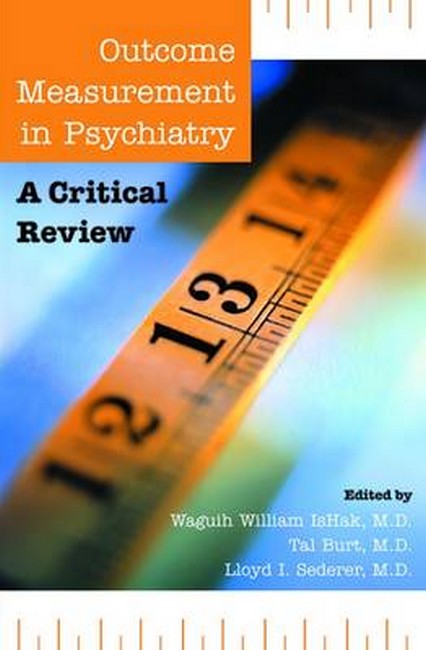Description
Introduction. Part I: Understanding outcomes assessment. Role of outcome measurement in psychiatry. Outcome measurement from research to clinical practice. Linking outcome measurement with process measurement for quality improvement. Validity, reliability, and other key concepts in outcome assessment and services research. Part II: A critical review of the instruments. Outcome measurement in children and adolescents. Outcome measurement in geriatric psychiatry. Outcome measurement in forensic psychiatry. Outcome measurement in patients receiving psychosocial treatment. Outcome measurement in serious mental illness. Outcome measurement in mood disorders. Outcome measurement in anxiety disorders. Outcome measurement in substance use disorders. Outcome measurement in somatoform disorders. Outcome measurement in personality disorders. Outcome measurement in sleep disorders. Outcome measurement in sexual disorders. Outcome measurement in eating disorders. Patient satisfaction and perceptions of care. Part III: Challenges and opportunities. Implementation of outcome assessment in systems of mental health care. Resistance to the implementation of outcome measures. Efforts of regulatory, professional, and accreditation authorities. Confidentiality and outcome. Training psychiatry residents in outcome measurement. Use of technology in outcome measurement. Innovative approaches in outcome measurement: a futuristic view. Appendix A: Example of a depression treatment and outcome monitoring pathway. Appendix B: Selected outcome measures. Index

